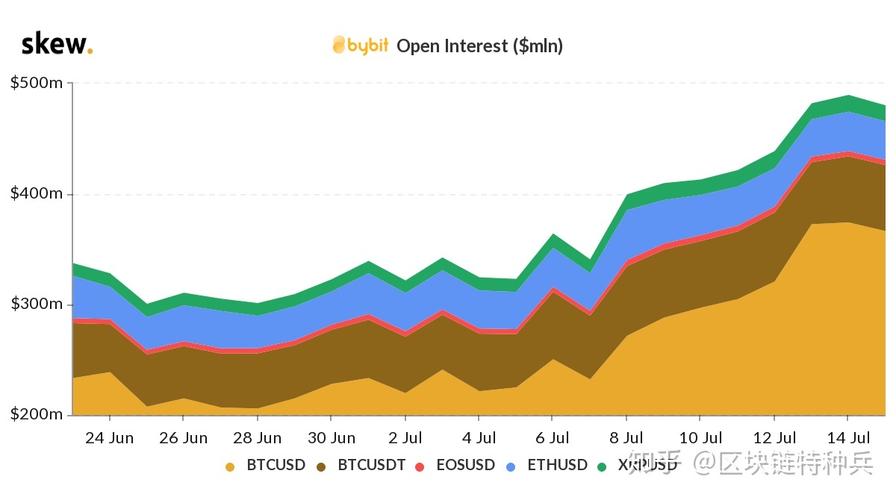Title: Understanding Bitcoin Data Transmission: Solutions for Secure and Efficient Connectivity
In the realm of Bitcoin, where every transaction and block is crucial, establishing reliable and secure data transmission channels is paramount. The term "Bitcoin data专线" refers to dedicated communication lines tailored for transmitting Bitcoinrelated data efficiently and securely. Let's delve into this concept and explore the intricacies of Bitcoin data transmission, along with recommended solutions for optimizing connectivity.

Understanding Bitcoin Data Transmission
Bitcoin operates on a decentralized network, where nodes communicate to validate transactions and maintain the blockchain ledger. Efficient data transmission is vital for timely transaction processing and network consensus. Here's how Bitcoin data专线 facilitates this process:
1.
LowLatency Connectivity
: Bitcoin data专线 prioritize lowlatency connections to ensure timely dissemination of transactions and blocks across the network. Minimizing latency enhances the efficiency of mining operations and improves overall network performance.
2.
Security Protocols
: Given the sensitive nature of Bitcoin transactions, data专线 employ robust security protocols to safeguard against potential threats such as interception, tampering, or DDoS attacks. Encryption, authentication mechanisms, and intrusion detection systems are integral components of secure Bitcoin data transmission.
3.
Bandwidth Optimization
: Bitcoin's growing adoption necessitates scalable solutions capable of handling increasing transaction volumes. Data专线 utilize bandwidth optimization techniques to accommodate higher throughput without compromising network stability or efficiency.
4.
Redundancy and Failover Mechanisms
: To mitigate the risk of network disruptions, Bitcoin data专线 implement redundancy and failover mechanisms. Multiple communication routes and backup channels ensure continuous data transmission, even in the event of hardware failures or network outages.
Recommended Solutions for Bitcoin Data Transmission
1.
Dedicated Fiber Optic Networks
: Fiber optic cables offer highspeed, lowlatency connectivity ideal for transmitting Bitcoin data over long distances. Dedicated fiber optic networks ensure reliable communication channels exclusively for Bitcoin transactions, minimizing interference and congestion.
2.
Virtual Private Networks (VPNs)
: VPNs provide secure communication channels by encrypting data transmitted between Bitcoin nodes. By establishing private tunnels over public networks, VPNs safeguard against eavesdropping and unauthorized access, enhancing the confidentiality and integrity of Bitcoin data transmission.
3.
Multiprotocol Label Switching (MPLS)
: MPLS technology enables efficient data routing and traffic prioritization, essential for optimizing Bitcoin data专线. By assigning labels to packets and directing them along predetermined paths, MPLS enhances network performance and ensures timely delivery of critical Bitcoinrelated data.
4.
Content Delivery Networks (CDNs)
: CDNs improve the accessibility and responsiveness of Bitcoinrelated services by caching data closer to endusers. By distributing content across geographically dispersed servers, CDNs reduce latency and enhance user experience, particularly for applications relying on realtime Bitcoin data.
5.
BlockchainSpecific Network Solutions
: Emerging technologies tailored for blockchain networks offer specialized solutions for Bitcoin data transmission. Projects like the Lightning Network aim to facilitate instant micropayments and offchain transactions, alleviating the burden on the main Bitcoin network and enhancing scalability.
Conclusion
In the realm of Bitcoin, where speed, security, and reliability are paramount, establishing dedicated data transmission channels is essential. Bitcoin data专线 play a crucial role in facilitating efficient communication among network participants while ensuring the integrity and confidentiality of transactions. By leveraging technologies such as fiber optic networks, VPNs, MPLS, CDNs, and blockchainspecific solutions, organizations can optimize connectivity and elevate the performance of their Bitcoinrelated operations.
In the dynamic landscape of cryptocurrency, staying abreast of technological advancements and adopting innovative solutions is key to maintaining a competitive edge and fostering a resilient Bitcoin ecosystem.


